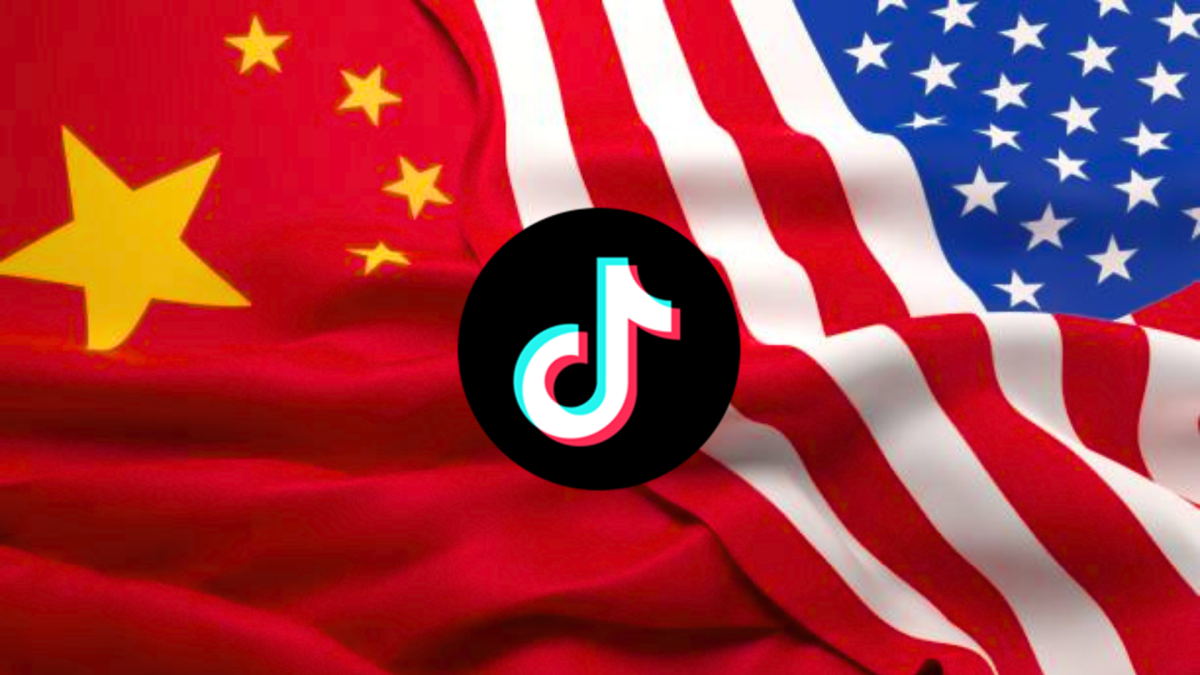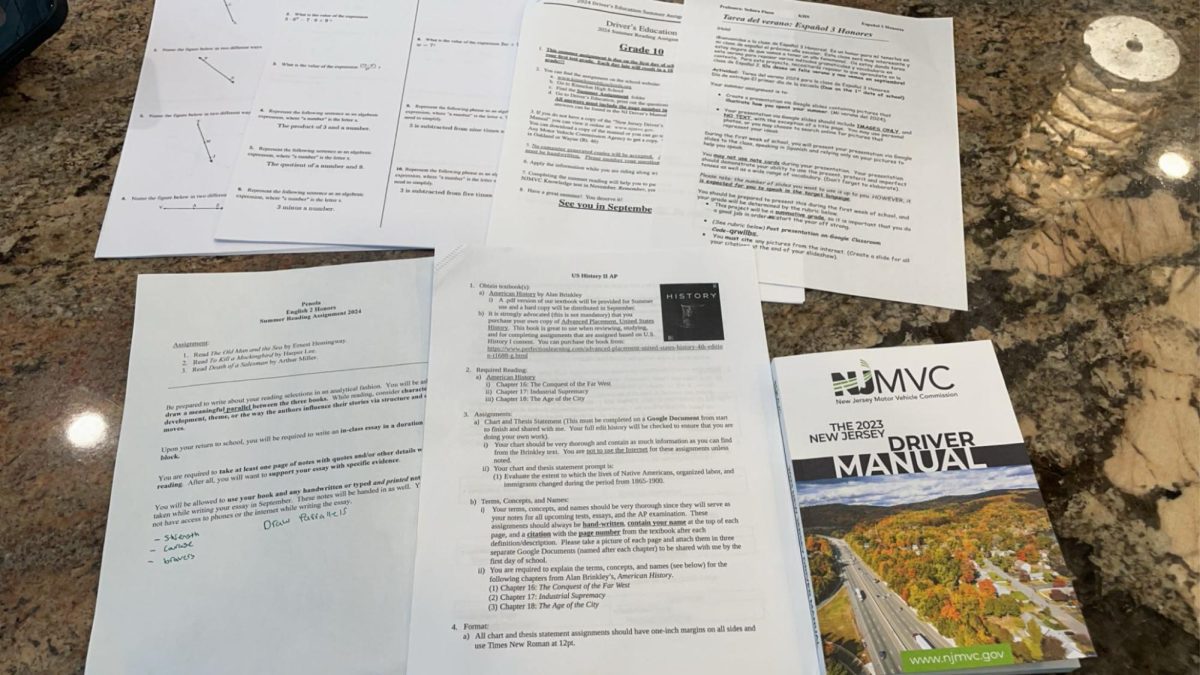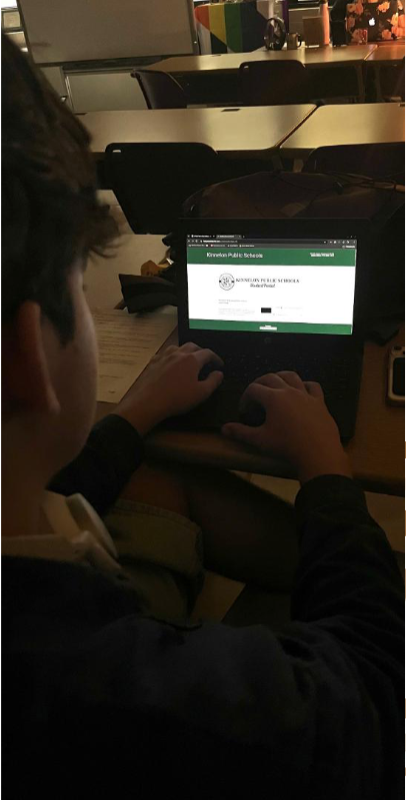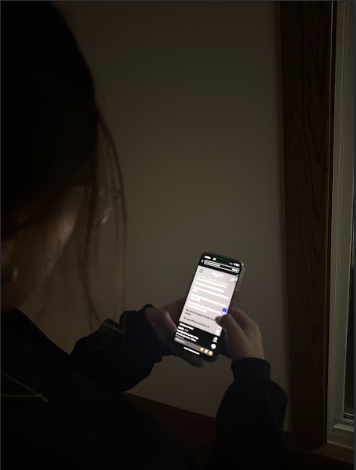On April 21st, Congress passed a bill threatening to ban TikTok.
If the Chinese parent company ByteDance of TikTok doesn’t sell its share of the company within just about a year of the bill’s passing, the app will be banned nationwide. Where did this come from, and how can we just up and ban social platforms?
Interestingly enough, TikTok had already been banned from all government information technologies back in December 2022. Now the plan to stop the app has escalated, as the app faces a ban on a far wider scale. The main difference this time is that TikTok plans to put up a fight.
Why the Ban?
Arguments in favor of the ban point to TikTok’s Chinese origins, relying heavily on accusations that TikTok is collecting data from Americans and delivering it to the Chinese Communist Party. The CCP and TikTok deny having any such relationship, and TikTok vehemently claims that there is no legal way China can access US user data. Despite this, under Chinese Cybersecurity law, TikTok is required to share all data with the CCP should they request it. In addition to this, ByteDance–the parent company that owns TikTok–openly admitted to AFP (a news source) that they used TikTok data to track journalists they suspected of leaking company data.
Looking at these very clear infractions of TikTok’s stated policy of user information privacy as well as the fact that TikTok is beholden to the CCP, banning the app in the US seems to be in the best interest of national security, especially since the act is not an outright ban. The terms of the act dictate that TikTok can remain active in the US if ByteDance sells the company to a new parent company that is not beholden to the Chinese government. In other words, the decision lies squarely in the hands of ByteDance. ByteDance is currently not backing down. In the meantime, they are fighting the decision in the courts, under the argument that banning TikTok endangers freedom of expression, which is protected under the First Amendment.
Free Speech vs National Security
The Free Speech defense of TikTok is by far the most widely-argued point in this case, and it is the lynchpin of the defense the company is offering to the courts while fighting the eventual ban. Essentially, suppose TikTok is truly an open forum for discussion and the posting of content and ideas. In that case, it should be protected by the First Amendment as it would fall under freedom of speech and expression.
However, suppose it is considered a source of information that the Chinese government or any foreign adversary can manipulate. In that case, it can be forced to close unless it falls into American hands. This is the way the government is currently perceiving TikTok, for better or for worse. The challenge with banning TikTok comes with deciding whether or not the government has the authority to enact this type of censorship.
Can This Ban Happen?
Realistically, the ban will take almost a year to come into effect even if it is enacted immediately. The company was given 9 months to sell, plus an additional 3 months once the sale is in progress. On top of that, any delays caused by the current court challenges of the act can further extend the deadline, potentially by years. In other words, TikTok probably isn’t going anywhere for a very long time.
As for the court challenges, the legal experts don’t all agree. “The First Amendment means that the government can’t restrict Americans’ access to ideas, information, or media from abroad without a very good reason for it — and no such reason exists here,” said Jameel Jaffer, executive director of the Knight First Amendment Institute at Columbia University.
However, as Caitlyn Ward, our AP Government and Politics teacher, points out, “It’s more about what we are concerned with, rather than if it violates the First Amendment. China is our number one adversary when it comes to misinformation… if the Chinese government is controlling the American version of TikTok I think that it should be banned because we don’t want another country putting their stamp on our information, or elections, or national security.”
What are we Concerned About?
As a country, we need to focus on national security and protect the data of our citizens from falling into the hands of foreign adversaries. One way of going about this is to try and take control of TikTok directly like we are doing now. This makes sense since it will hurt a Chinese company and help whichever American company buys it, and no First Amendment rights will be endangered since the app will not be banned. However, it also ignores the much larger issue at play and uses TikTok as a scapegoat for the entire social media industry.
TikTok collects data from users, but so does everyone else, from Google to Instagram to Apple. Yes, it is owned by our top international competitor, but almost no evidence exists that China has used this against us. If we are banning TikTok intending to protect user privacy, perhaps we are taking too narrow an approach. Regulation across the industry is a far better solution because trying to ban one company is not going to fix the systemic issues posed by Big Data companies. If we are really worried about user data being stolen or weaponized, why is TikTok the only target?
When asked why they opposed the ban, freshman Millie Cho brought up an important point. “If you take a moment to read the terms of service of both Instagram and Twitter, there have been many loopholes and controversies which are equally as concerning as TikTok’s. Safety concerns are not limited to TikTok and should not be limited to TikTok. Other companies are just as susceptible to gathering and selling their user’s data.”
Another freshman who expressed a similar sentiment but chose to remain anonymous said “Many of the concerns that people desire to ban TikTok over are similar to actual actions and decisions conducted by domestic companies like Google. They too take and use user data for a variety of actions. One of those actions is providing the U.S. government with information to spy on its citizens. Such information can be used to find and track potential criminals and terrorists, but it can also be used to put down political opposition. At the end of the day, the conversation should be more about how we should be more mindful about how companies collect and use data rather than painting an image of a sole outlier.”
Perhaps a ban is in the best interest of our national security, but we should consider the actions of American companies before we glorify forcing TikTok to be one of them.









